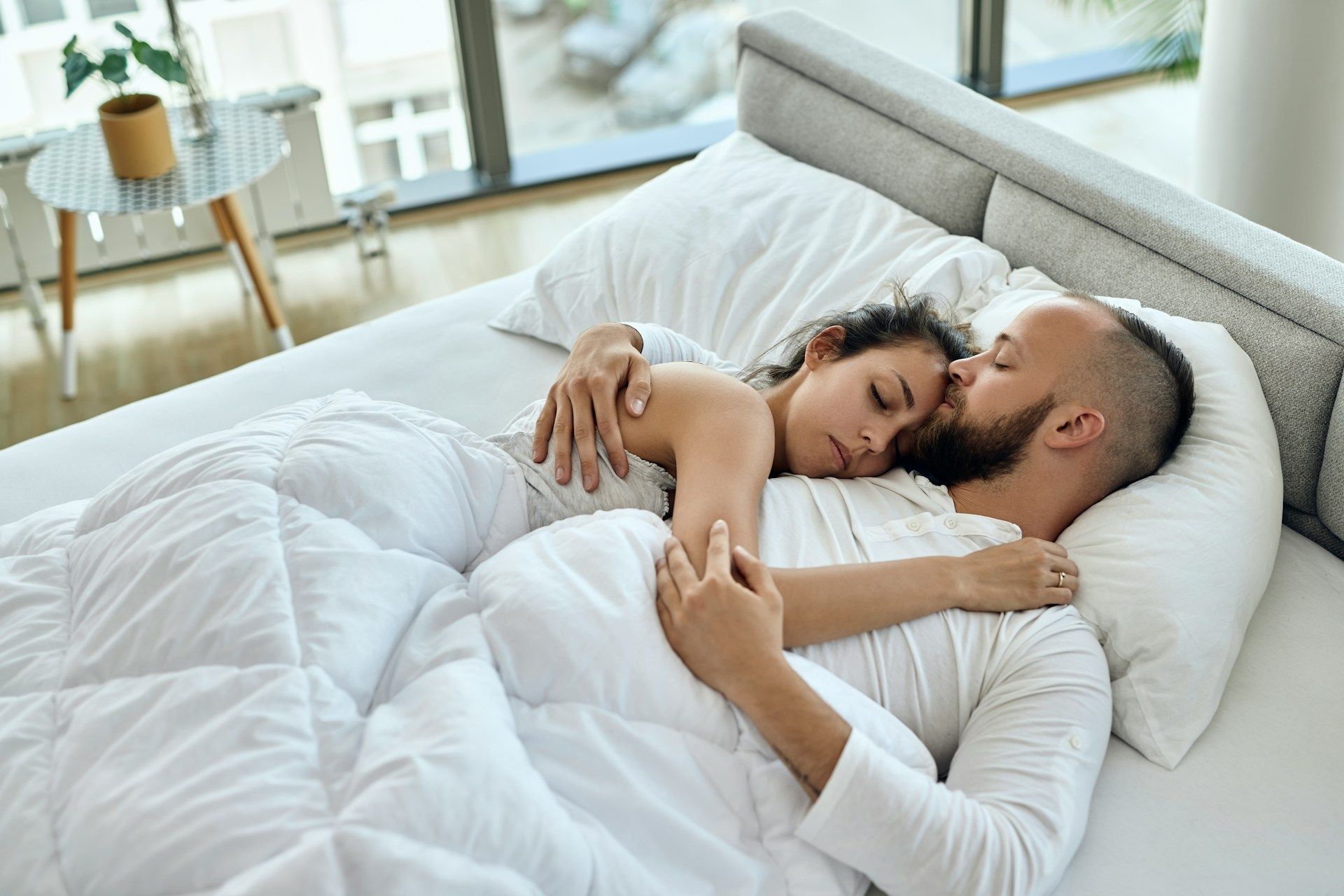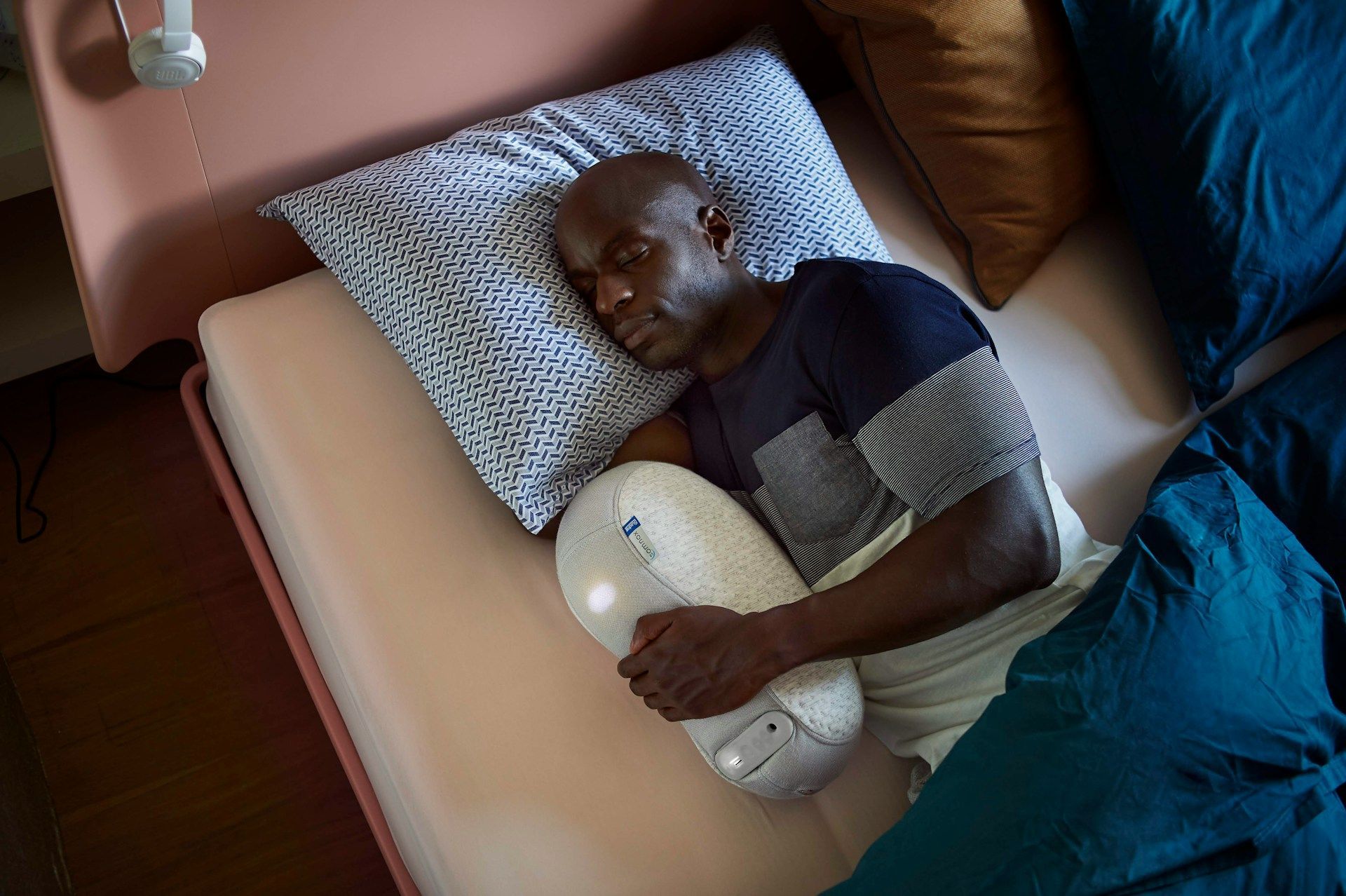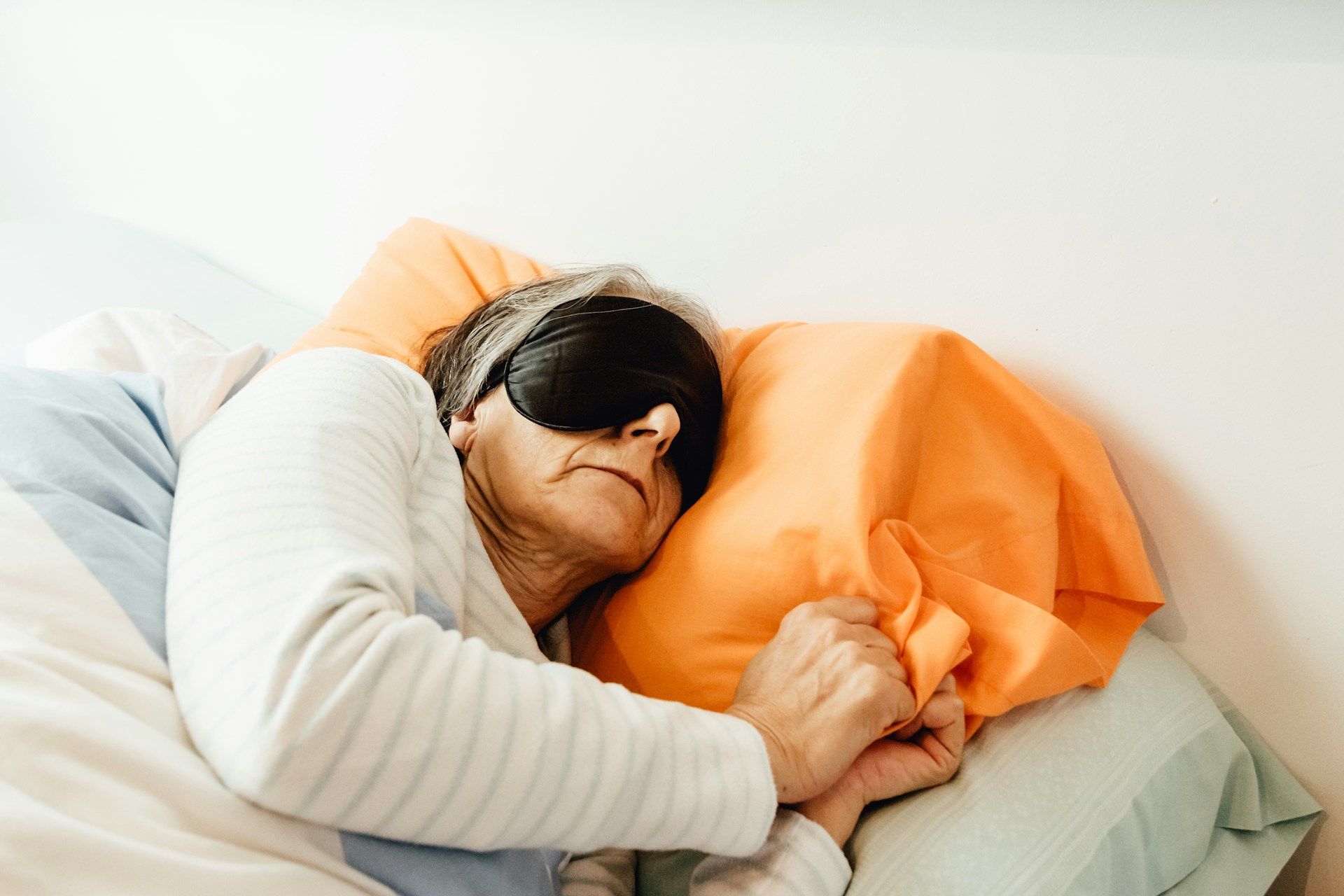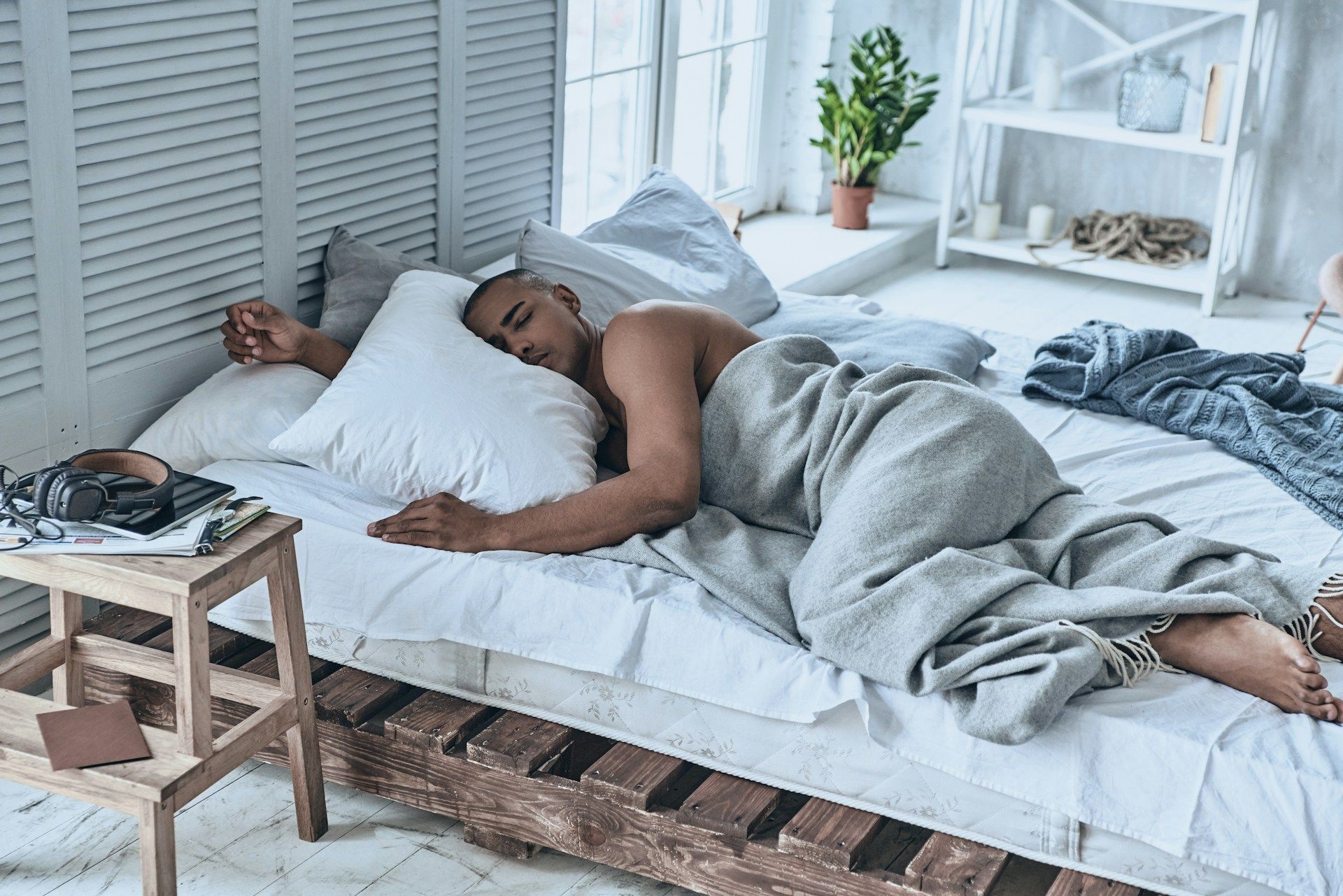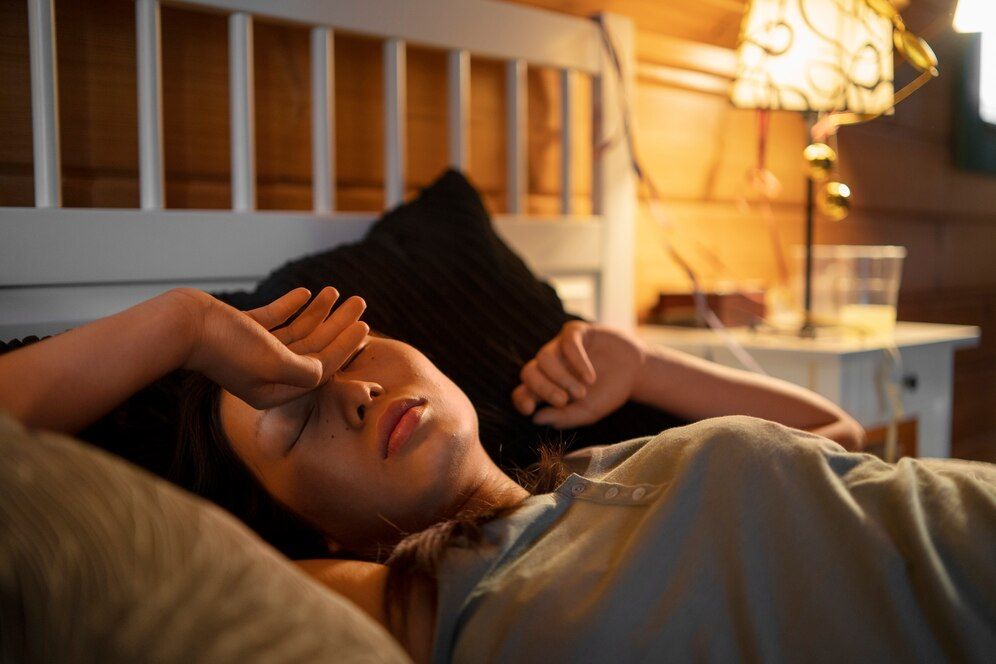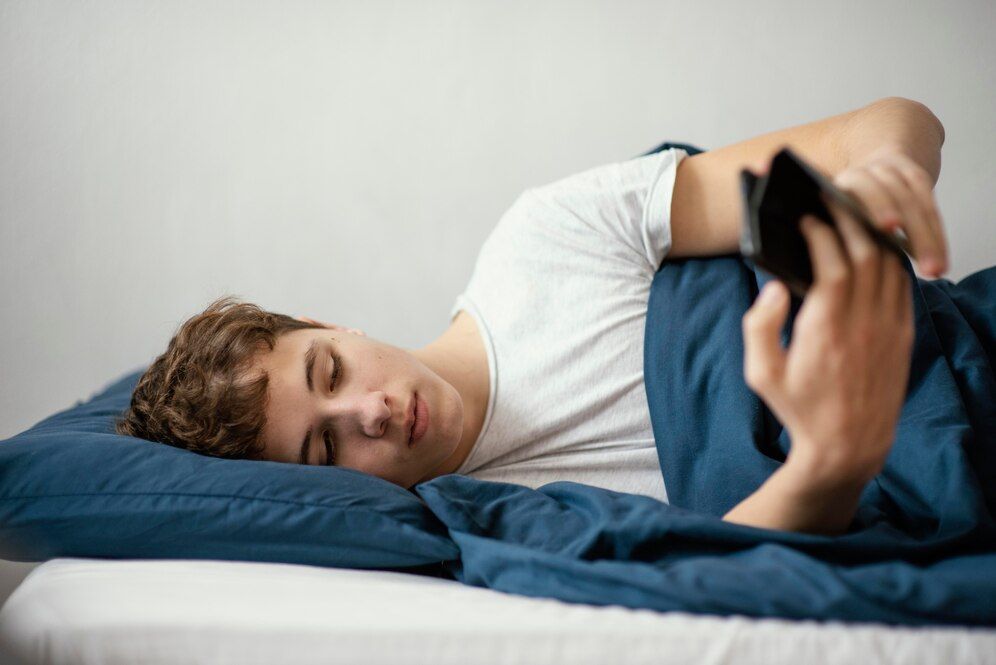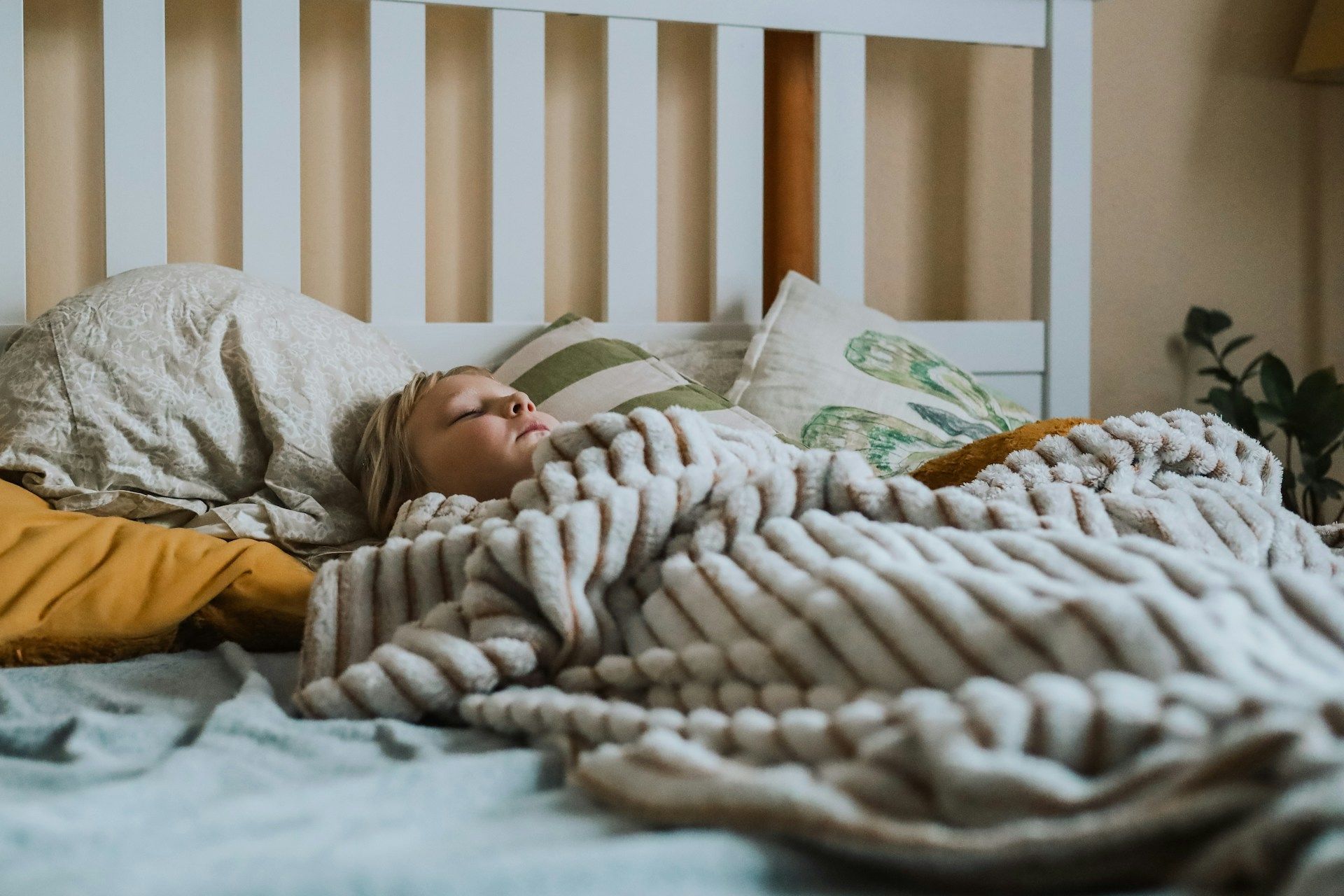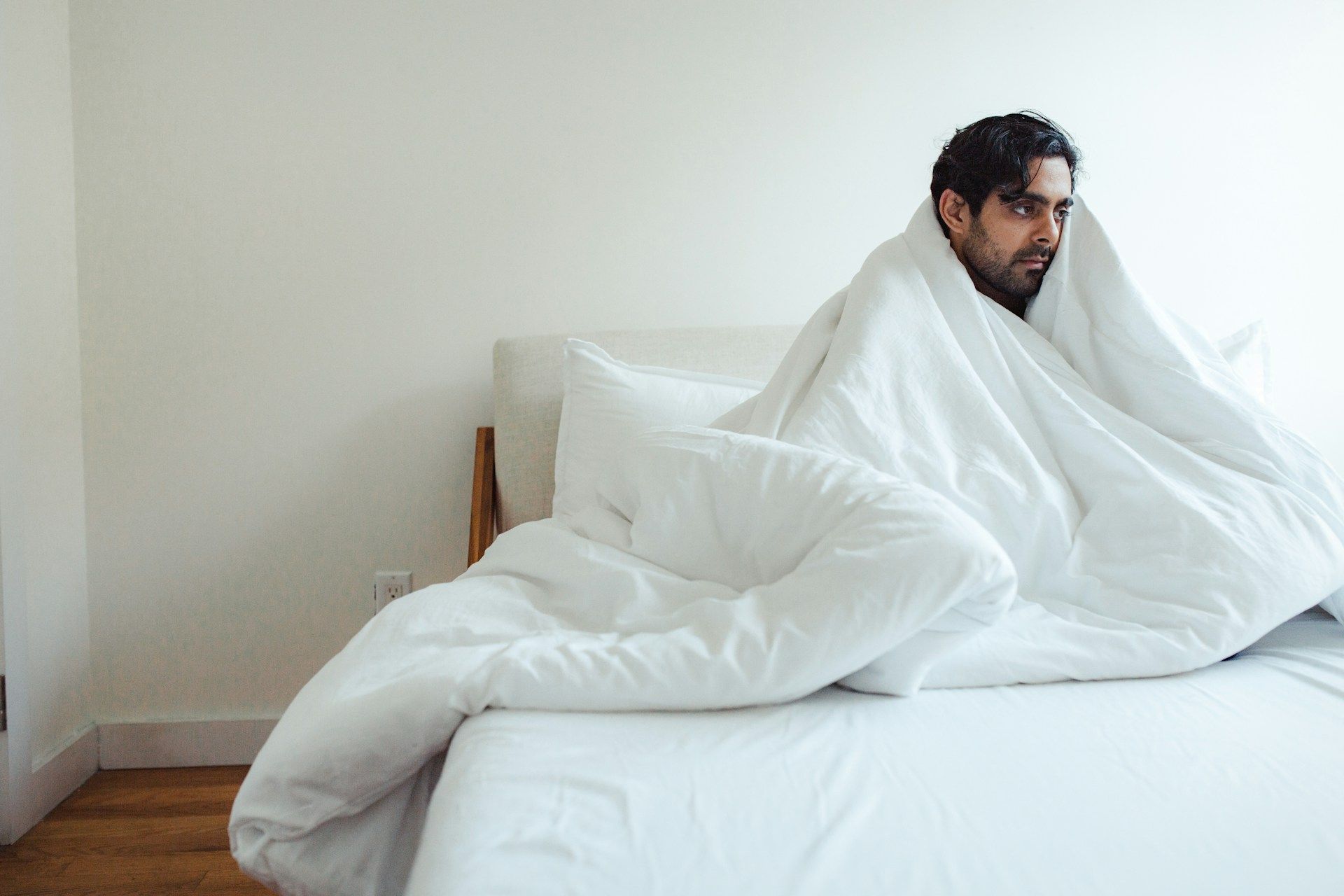Sleep Apnea and Oral Appliances by the Expert Dentists at Sleep Advantage
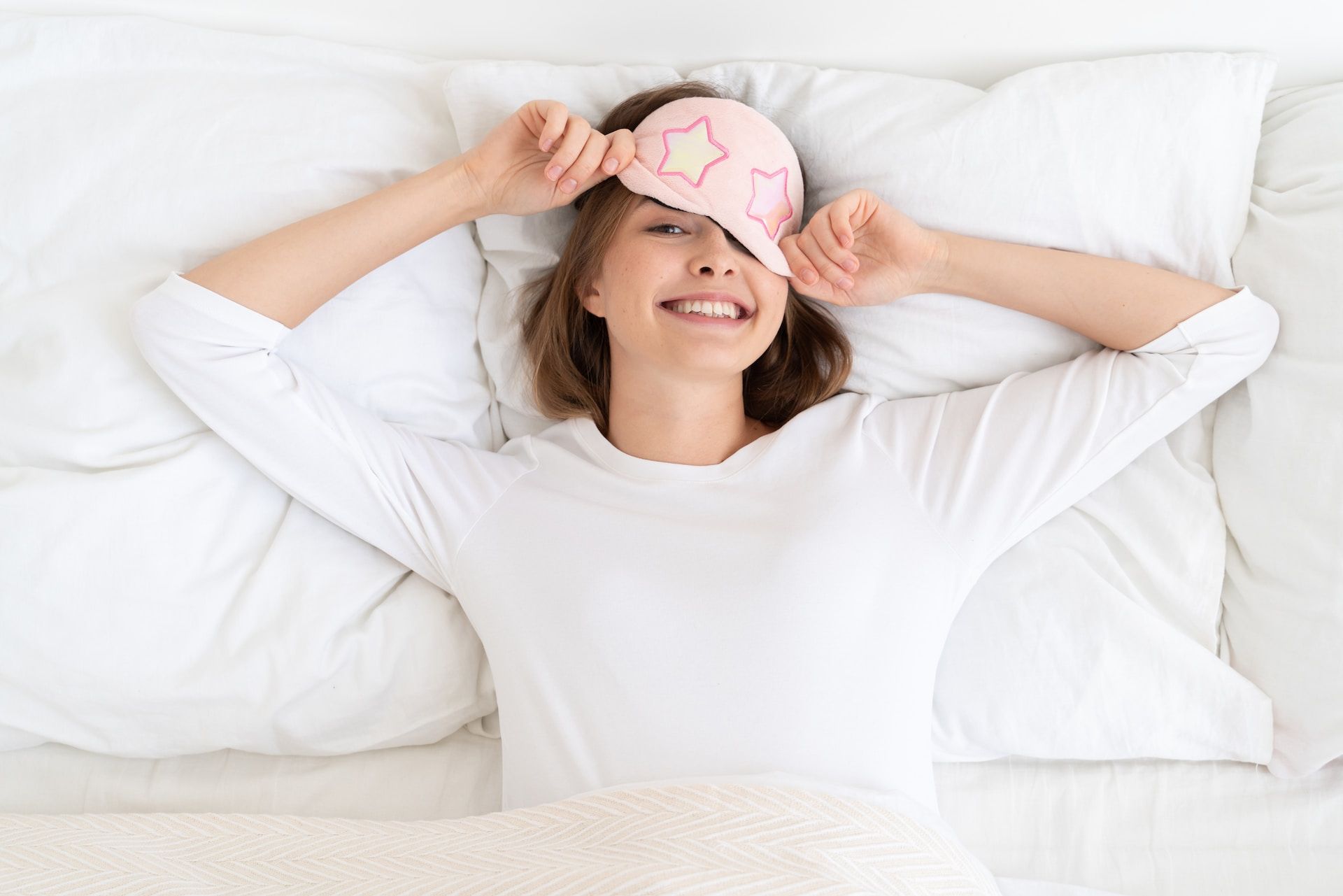
Sleep apnea is a prevalent sleep disorder that, if left untreated, can significantly impact your quality of life. While continuous positive airway pressure (CPAP) therapy is a common treatment option, it may not be suitable for everyone, particularly those who struggle with CPAP intolerance. Thankfully, there are alternatives like oral appliance therapy, which can effectively treat sleep apnea and provide an improved sleep experience.
At Sleep Advantage, our team of expert dentists is committed to offering personalized care designed to fit your unique needs. In this educational article, we will explain the benefits of oral appliance therapy and how skilled dentists play a crucial role in treating sleep apnea. Discover the advantages of this innovative treatment option and how Sleep Advantage can help you achieve better sleep and improved well-being.
1. The Basics of Oral Appliance Therapy
Oral appliance therapy involves the use of a custom-fitted dental device designed to keep the airway open during sleep. This non-invasive treatment option is particularly effective for patients with mild to moderate obstructive sleep apnea (OSA) or those who are unable to tolerate CPAP therapy. According to the American Academy of Sleep Medicine (AASM), oral appliances have been proven to significantly reduce the apnea-hypopnea index (AHI), improve oxygen saturation levels, and enhance overall sleep quality.
There are two primary types of oral appliances used for sleep apnea treatment:
- Mandibular Repositioning Devices (MRDs): These appliances work by repositioning the lower jaw (mandible) forward and downward, helping to open the airway during sleep.
- Tongue Retaining Devices (TRDs): These appliances hold the tongue forward using a suction mechanism, preventing it from collapsing into the airway and causing obstruction.
2. Determining the Right Oral Appliance: Role of the Dentist
A skilled and experienced dentist is essential in the process of obtaining the appropriate oral appliance for sleep apnea treatment. Here's how a dentist can help ensure the effectiveness of this therapy:
- Thorough evaluation: The dentist evaluates the patient's medical history, dental and jaw structure, and severity of OSA, then determines if oral appliance therapy is a suitable option.
- Custom fitting: Once a decision is made, the dentist takes impressions and measurements of the patient's teeth and jaw, which are then used to custom-create an oral appliance tailored to the patient's specific needs. This ensures maximum comfort and effectiveness of the device.
- Follow-up care: Regular follow-up visits with the dentist are crucial to monitor the patient's progress and make necessary adjustments to the oral appliance to optimize treatment outcomes and minimize side effects.
3. Benefits of Oral Appliance Therapy
Oral appliance therapy offers several advantages compared to CPAP therapy, making it a popular choice for many sleep apnea patients. Some of these benefits include:
- Comfort: Custom-fitted oral appliances are typically more comfortable to wear than a CPAP mask, increasing patient adherence to treatment.
- Portability: Oral appliances are small, lightweight, and easy to carry, making them an ideal solution for people who travel frequently or have limited space for a cumbersome CPAP machine.
- Quiet: Unlike the noise generated by a CPAP machine, oral appliances are silent, ensuring a peaceful night's sleep for both the patient and their bed partner.
- Minimal maintenance: Oral appliances require significantly less upkeep than CPAP machines, with minimal cleaning and no need for replacement parts or filters.
4. Potential Side Effects and Limitations
While oral appliance therapy offers numerous benefits, it is essential to be aware of potential side effects and limitations, which may include:
- Temporary discomfort: Initially, patients may experience minor discomfort in the jaw, teeth, or gums as they adjust to the oral appliance. However, this tends to subside with regular use and adjustments made by the dentist.
- Dental changes: Prolonged use of an oral appliance can lead to dental issues, such as tooth movement, changes in bite alignment, or jaw joint problems. Regular follow-up visits with the dentist can help mitigate these issues.
- Less effectiveness for severe OSA: While oral appliances are a viable option for mild to moderate OSA, they may not be as effective for patients with severe OSA.
In conclusion, oral appliances serve as an effective and comfortable alternative to CPAP therapy for many sleep apnea sufferers. Dentists play a crucial role in determining the right oral appliance, custom-fitting the device, and providing ongoing support to ensure optimal treatment outcomes. Sleep Advantage's expert dentists are dedicated to offering personalized care to help patients find the best sleep apnea treatment plan for their unique needs. By choosing Sleep Advantage, you can feel confident in the quality of care and expertise you'll receive on your journey to better sleep and improved overall well-being.
Experience Quality Sleep with Sleep Advantage's Oral Appliance Therapy
Oral appliance therapy is an innovative and effective alternative to CPAP therapy, particularly for those with mild to moderate sleep apnea or CPAP intolerance. With the guidance of our expert dentists at Sleep Advantage, you can find the right custom-fitted oral appliance to help you on your path to better sleep and overall well-being.
Don't let sleep apnea disrupt your life and health any longer. Schedule a consultation with our dedicated team at Sleep Advantage to explore the benefits of
oral appliance for sleep apnea and discover the best treatment options for your unique needs. Let us help you achieve the restful nights and revitalized days that you deserve. Experience the Sleep Advantage difference in sleep apnea care today.

